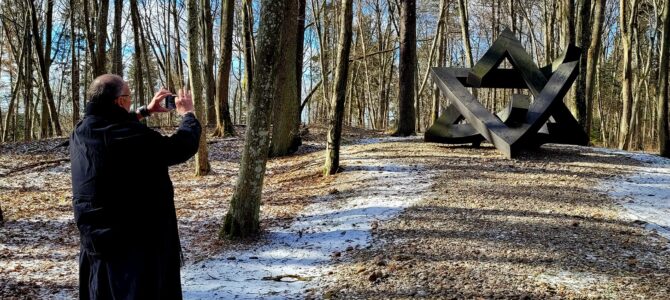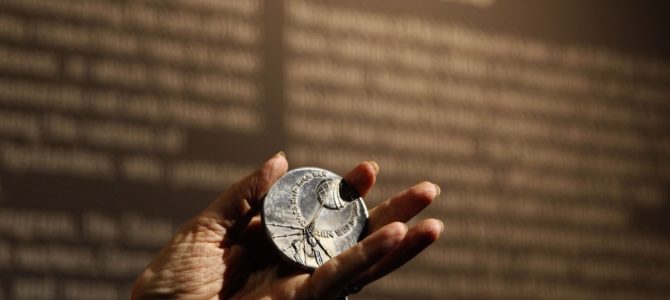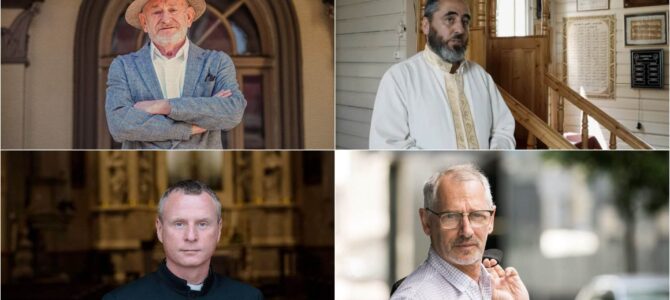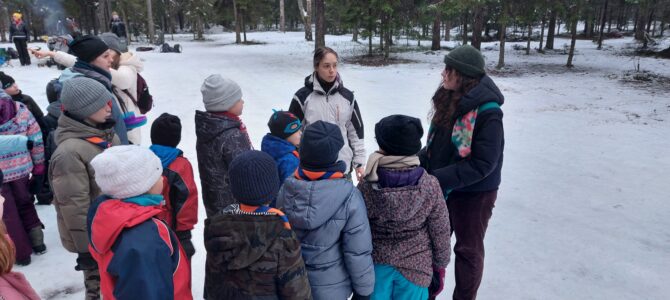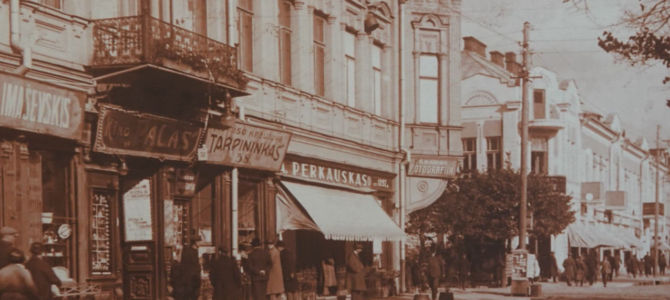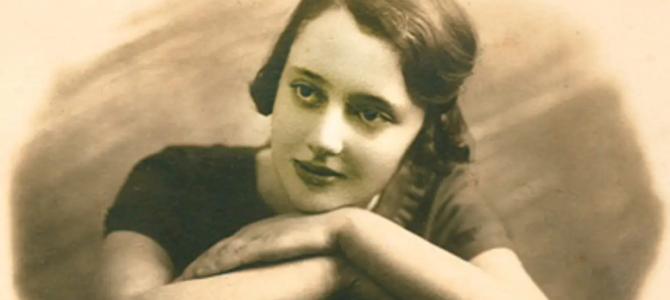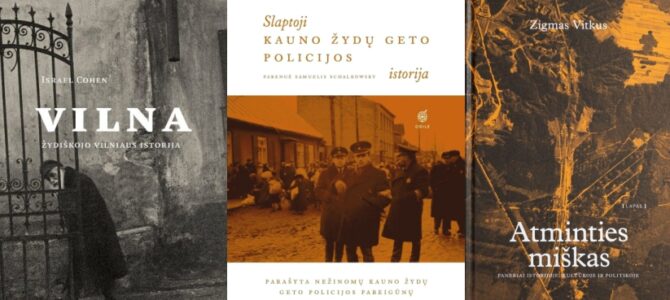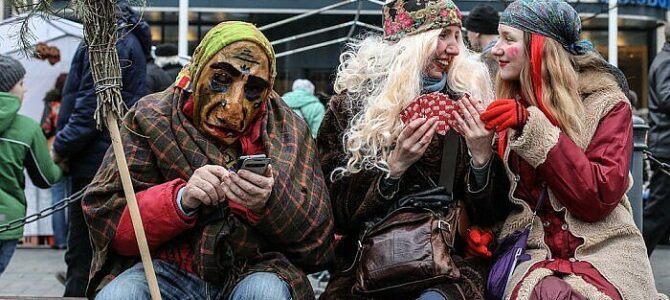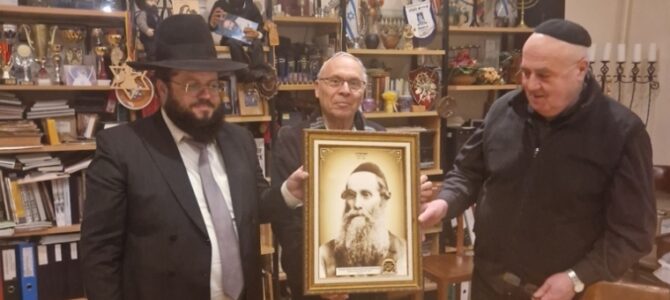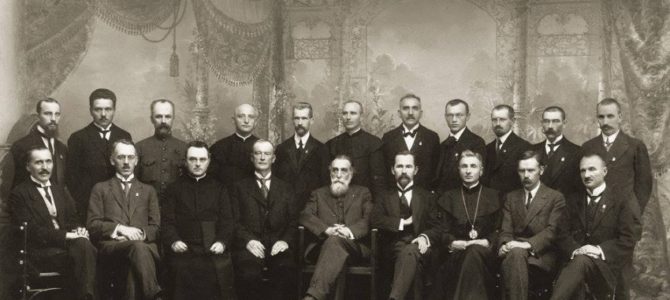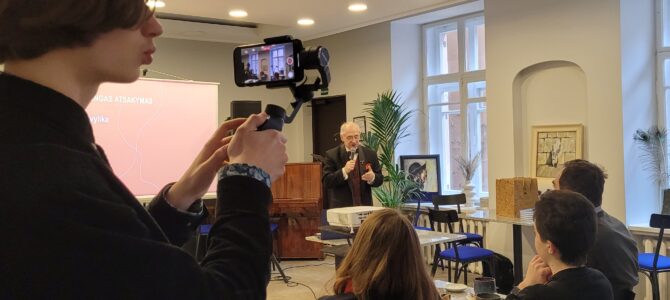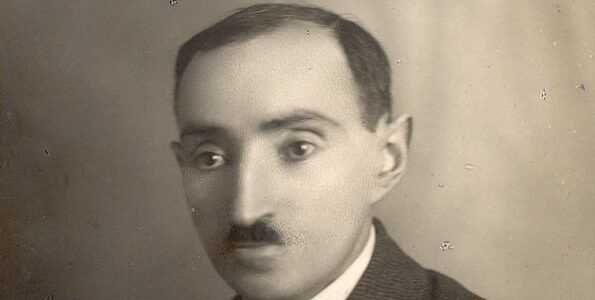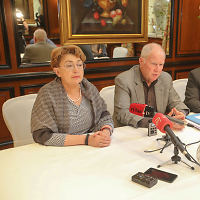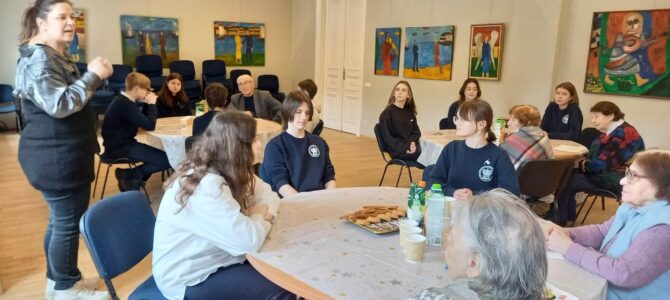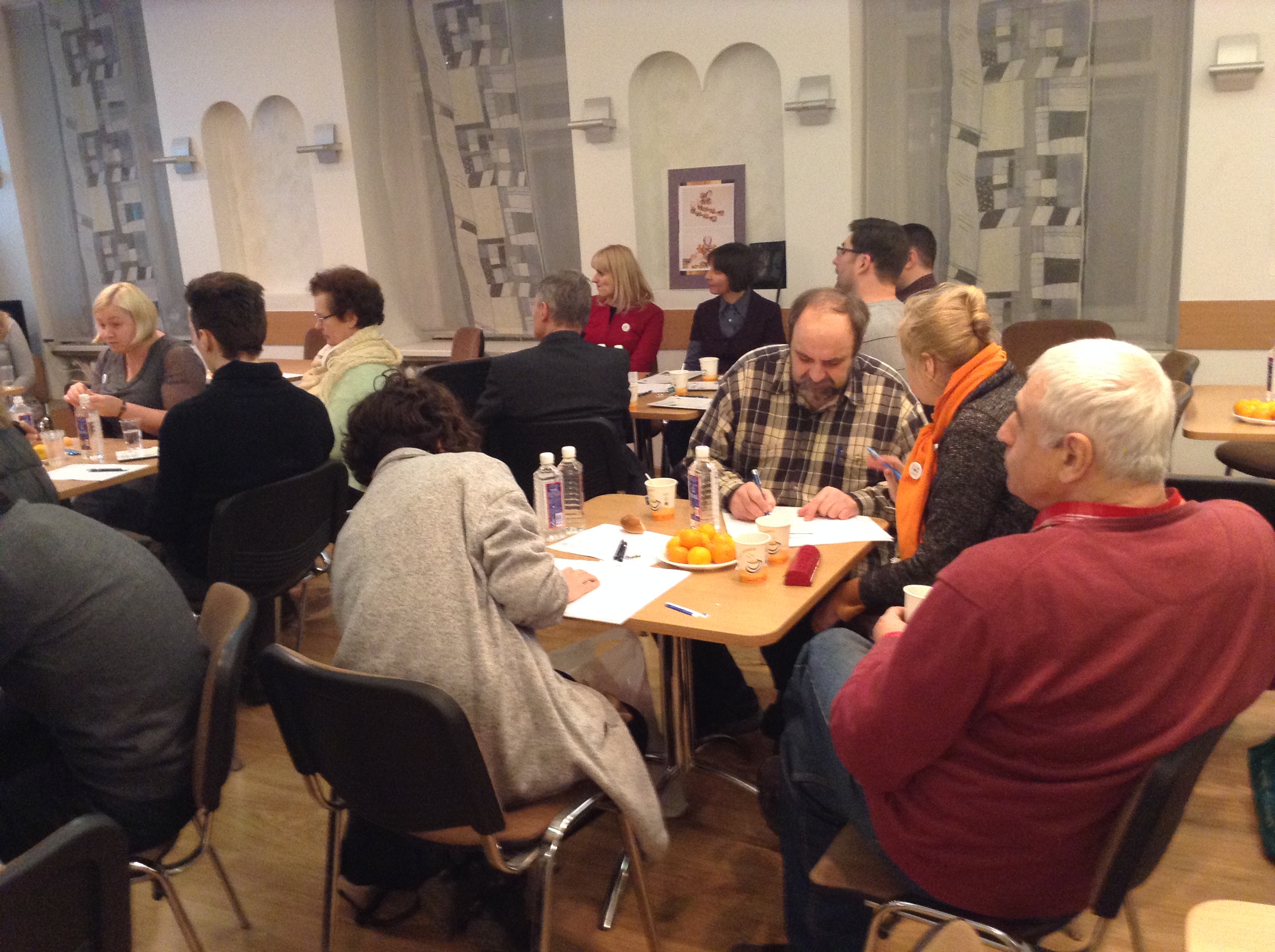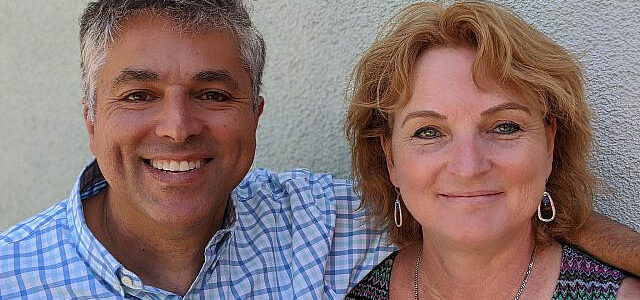March 11 is one of Lithuania’s two independence days, marking the day in 1990 when the Lithuanian Supreme Soviet declared Lithuania’s independence from the Soviet Union. In line with pre-WWII Jewish scouting traditions, the Lithuanian Jewish Community invites young people and their friends and classmates to an overnight Jewish scouting camp to celebrate Lithuanian independence. The camp will include entertaining games, a scouting program, a flag-raising ceremony and a Sabbath ceremony as well as the chance to meet new friends.
Parents should deliver their children to the Sholem Aleichem ORT school in Vilnius from 3:00 to 3:30 P.M. on March 10 and the camp ends at 7:00 P.M. on March 11. Children and young people need to bring along written consent from their parents, a sleeping bag, dishes and utensils for food, toothbrushes and other personal hygiene items. The cost is 25 euros per person and includes breakfast, lunch, dinner and snacks.
Registration is open till 11:00 P.M. on April 7. Written consent needs to be delivered by parents to the scout leader at the collection point at Sholem Aleichem school.
To register, fill out the form here:
https://forms.gle/XYhx29EpZwLZiFrN7
For more information, write skautai@lzb.lt.



